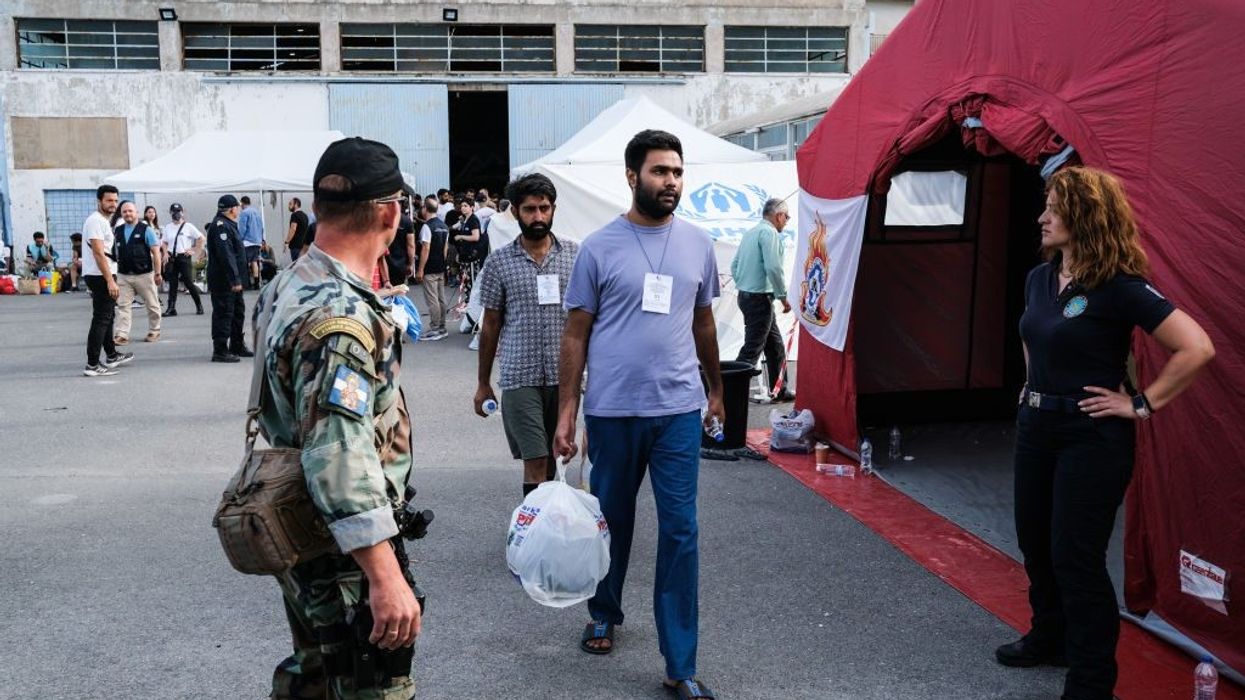PAKISTAN authorities arrested 10 alleged human traffickers on Sunday, days after hundreds of migrants were feared drowned off the Greek coast.
Every year, thousands of young Pakistanis embark on perilous journeys attempting to enter Europe illegally in search of a better life.
Media reports said as many as 300 Pakistanis had died after a rusty trawler sank near Greece's Peloponnese peninsula on Wednesday (14).
Officials said nine people had been detained in Pakistan-administered Kashmir - home to a majority of the victims - and one in Gujrat, a city that has long served as a springboard for migrants.
"They are presently under investigation for their involvement in facilitating the entire process," said Chaudhary Shaukat, a local official from Pakistan-administered Kashmir.
Between 400 to 750 people were believed to be aboard the boat, according to a joint statement from the International Organization for Migration and UN Refugee Agency.
On Saturday (17), Pakistan’s ministry of foreign affairs said 12 nationals had survived, but it had no information on how many were aboard the boat.
An immigration official said on condition of anonymity that the figure could surpass 200.
Monday (19) was declared a national day of mourning while Prime Minister Shehbaz Sharif ordered an immediate crackdown on agents engaged in people smuggling, saying they would be "severely punished".
"The Prime Minister has given a firm directive to intensify efforts in combating individuals involved in the heinous crime of human trafficking," his office said in a statement.
A combination of political turmoil and an economy on the brink of collapse drives tens of thousands of Pakistanis to leave the country - legally and illegally.
Young men, primarily from eastern Punjab and northwestern Khyber Pakhtunkhwa province, often use a route through Iran, Libya, Turkey and Greece to enter Europe.
A report indicated that some nationalities had been condemned to the most dangerous part of the sunken trawler with migrants from Pakistan being singled out.
Pakistan nationals were forced below deck, while others were allowed on the top deck where they had a better chance of surviving a capsize, the Observer reported citing survivors’ testimonies to the Greek coastguard.
The newspaper learnt that Pakistani nationals were kept below deck and crew members of the trawler maltreated them when they looked for freshwater or tried to escape.
Pakistan arrests 10 trafficking suspects after Greek boat tragedy
Survivors' testimonies indicate Pakistan nationals were maltreated in the trawler




